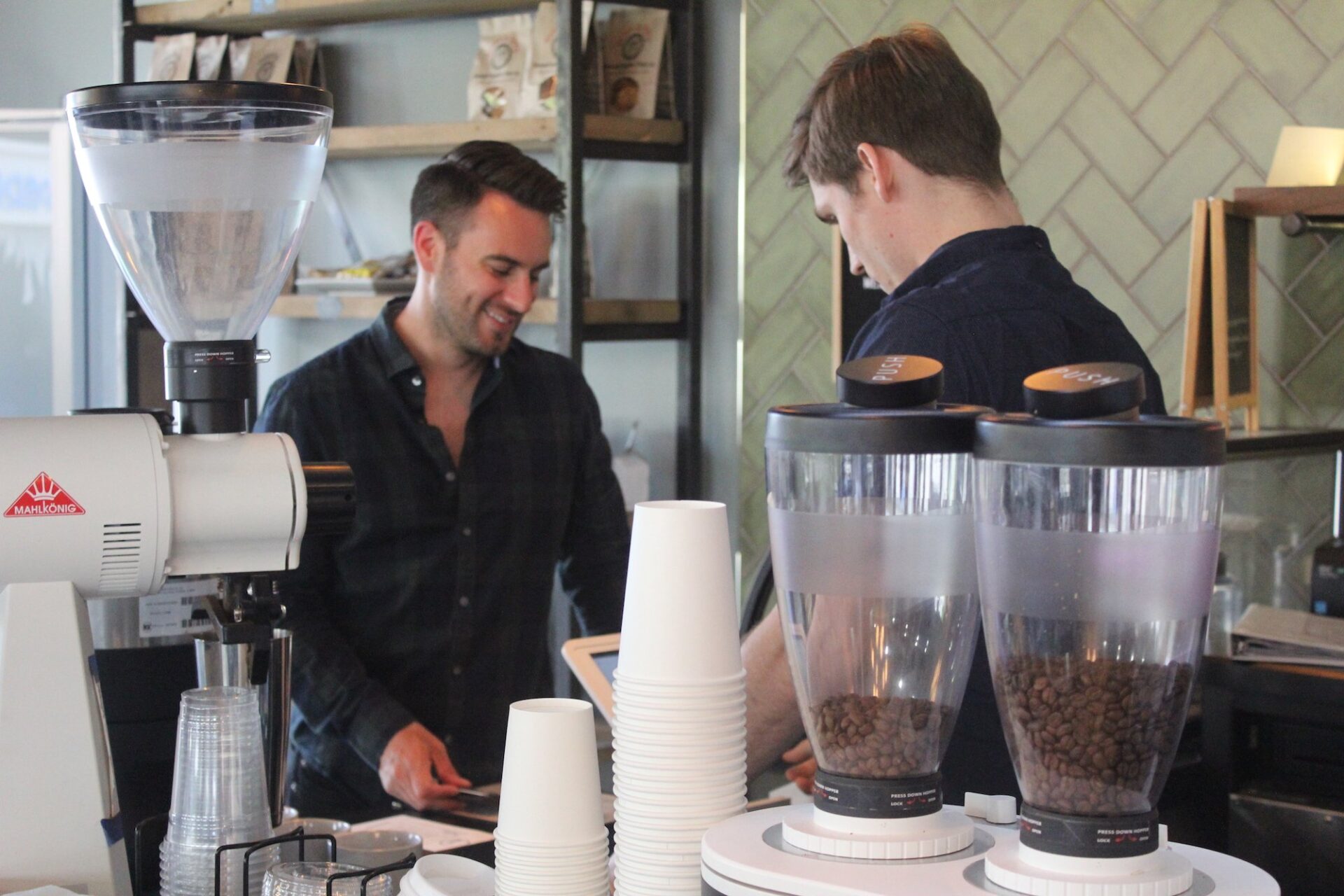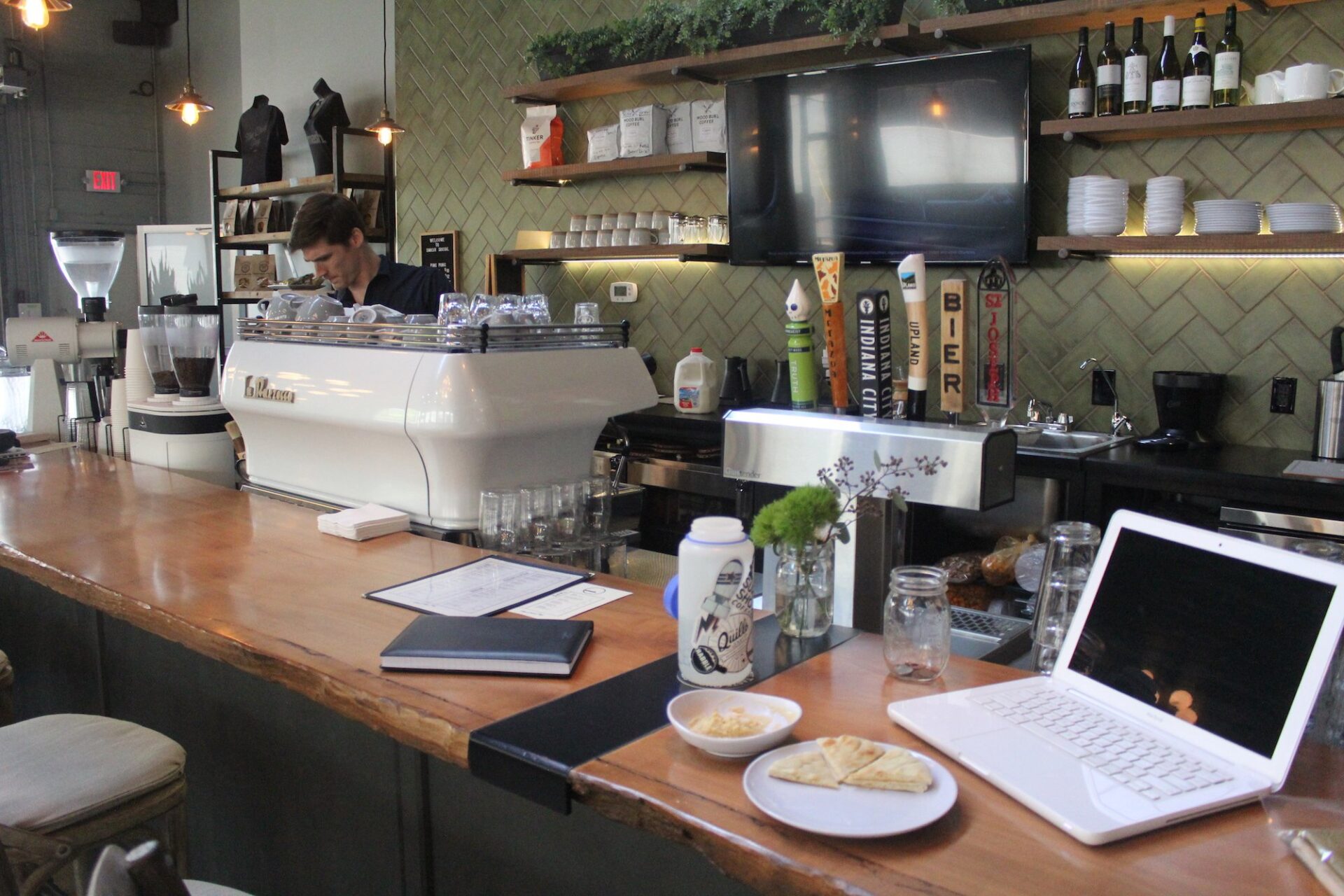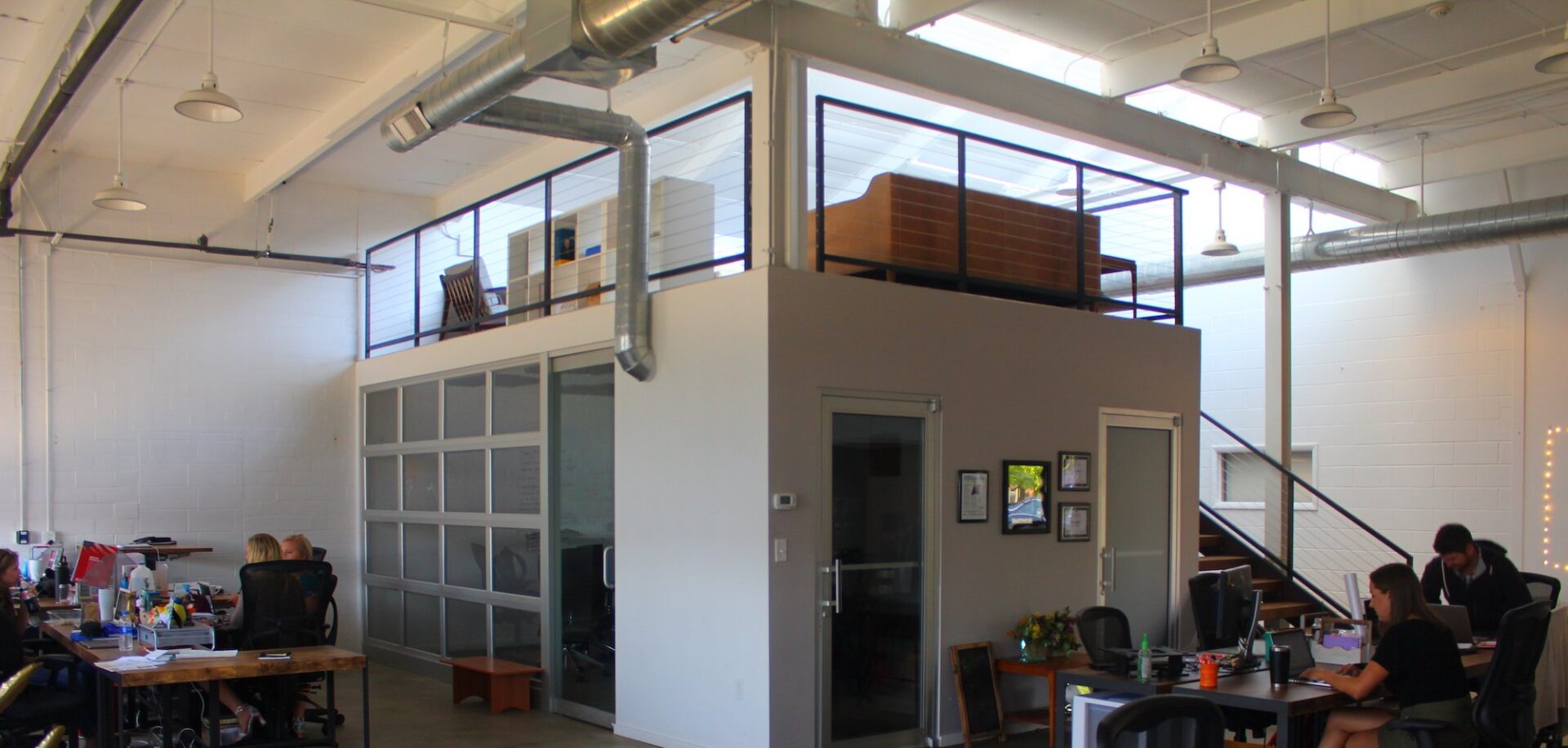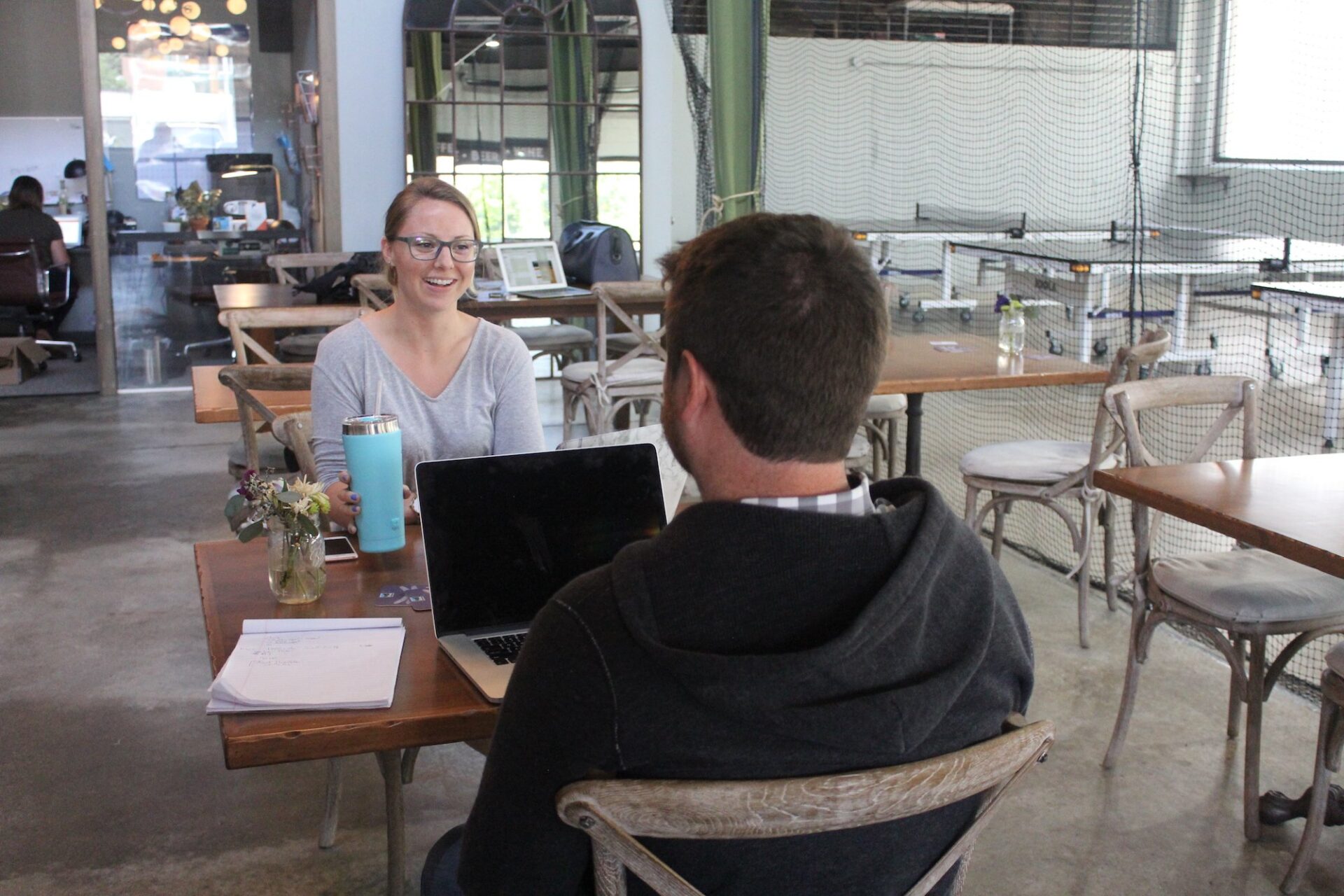Fast-growing SupplyKick boldly prepares to be nation’s largest retailer
If you’ve ever bought anything off of Amazon, you may have already done business with Indianapolis-based online marketplace retailer SupplyKick. The fast-growing scale-up company represents 100 brands and thousands of products on Amazon as well as other marketplaces like WalMart.com and eBay.
“About 50 percent of all product searches today begin on the Amazon platform — meaning half of all your potential online customers aren’t finding you if you aren’t there,” said Josh Owens, CEO of SupplyKick. “It also means there’s still a lot of room for growth, and if we do this right, SupplyKick can become one of the largest retail companies in the nation.”
It’s a bold statement from a small Midwestern scale-up with 32 employees, but the company’s meteoric revenue growth over just five years and the market conditions Owens describes certainly make a good case for the potential of SupplyKick to reach such a lofty sounding goal.
SupplyKick was named the fourth fastest growing company in the state of Indiana by Indianapolis Business Journal (IBJ Fast 25) and took home the “Best of Tech” Mira Award for Scale-up of the Year ($5 million-$20 million revenue). The company also came in at #399 on the Inc. 500 Fastest Growing Companies in America in 2017, but Owens confirmed they’ve already topped last year’s performance.


SupplyKick originally spun out of the knowledge base built while Owens was consulting with business partner Chris Palmer at BoxFox, an excess and overstock inventory retailer. It became clear to Owens that everything negative about the arbitrage business — best selling products being out of stock with no replenishment, constantly fluctuating margins, and only being as good as the closeouts you can buy in an incredibly capital intensive business — could be mitigated by pivoting to a business model of working directly with brands and manufacturers.
The pivot worked well and was the right strategy at the right time, according to Owens. As SupplyKick leaned into direct relationships with brands, they invested heavily in marketing, logistics, compliance and advertising on the Amazon platform, and the fact that they accept control over inventory made SupplyKick an extremely attractive — and very sticky — integrated selling partner.
“Brands and manufacturers want to sell bulk orders, they want predictability and they want data they can use on their customers, and there was a big hole in the market for that with online sales,” Owens said.
According to NASDAQ, Amazon controls $200 billion of the ecommerce market as of this month, and about half of those sales ($100 billion) is through the Amazon marketplace where SupplyKick is thriving.
“Instead of being scared of or angry about Amazon’s sales and viewing them as a competitor, retailers are increasingly viewing Amazon as an important part of reaching their customers where they are with an integrated strategy that works in retail and big box, in direct to consumer websites, and in Amazon marketplace through a partner like SupplyKick that knows how to do it right,” Owens said.

He also predicts that brands and manufacturers are going to start to differentiate themselves from the homogenous look and feel of the current Amazon user view and that they will need help doing that. If history repeats itself as expected, Owens believes, there will be consolidation within the online marketplaces around top rated sellers just like there was with brick and mortar retail in the past, and SupplyKick has the knowledge and expertise within the platform to continue winning for the brands they represent.
In order to prepare for the future, SupplyKick is currently working on a brand refresh that won’t change the name, but will position the company for building its own brand with its B2B customers as well as with its own employees and the local community. The new branding will roll out later this summer.
“Looking out over a three to 10-year horizon as Amazon shifts more to being just the platform and gets out of direct sales, if you’re able to consolidate just one percent of the $100 billion Amazon markeplace that’s suddenly a giant retail company,” Owens said. “We want to be ready for that and it’s important to make sure we have a forward-looking brand that’s innovative and thoughtful with the values brands and manufacturers look for in a selling partner.”

The fact that SupplyKick is growing and thriving in Indianapolis is important to Owens, too. “I love Indianapolis,” he said. “I grew up here. I started here, and I learned everything I needed to know about business here. We’ve got some great things going on here and I’d like to see us be a little more bold about what we’re doing as a community.”
Owens is willing to follow his own advice by projecting SupplyKick will be a billion dollar business and one of the nation’s largest retailers. “Let’s call it aggressively $1 billion in sales,” Owens said. “That’s going to mean we’re creating thousands of new jobs for Indianapolis with high wages where our people are learning the most important retail platform that exists and will exist for the next 10 to 15 years.”
SupplyKick CEO Josh Owens will be the keynote speaker at IBJ’s Fast25 Breakfast event on July 25, at the Marriott Indianapolis. Visit https://www.ibj.com/events/264-fast25 for more information or to register.




